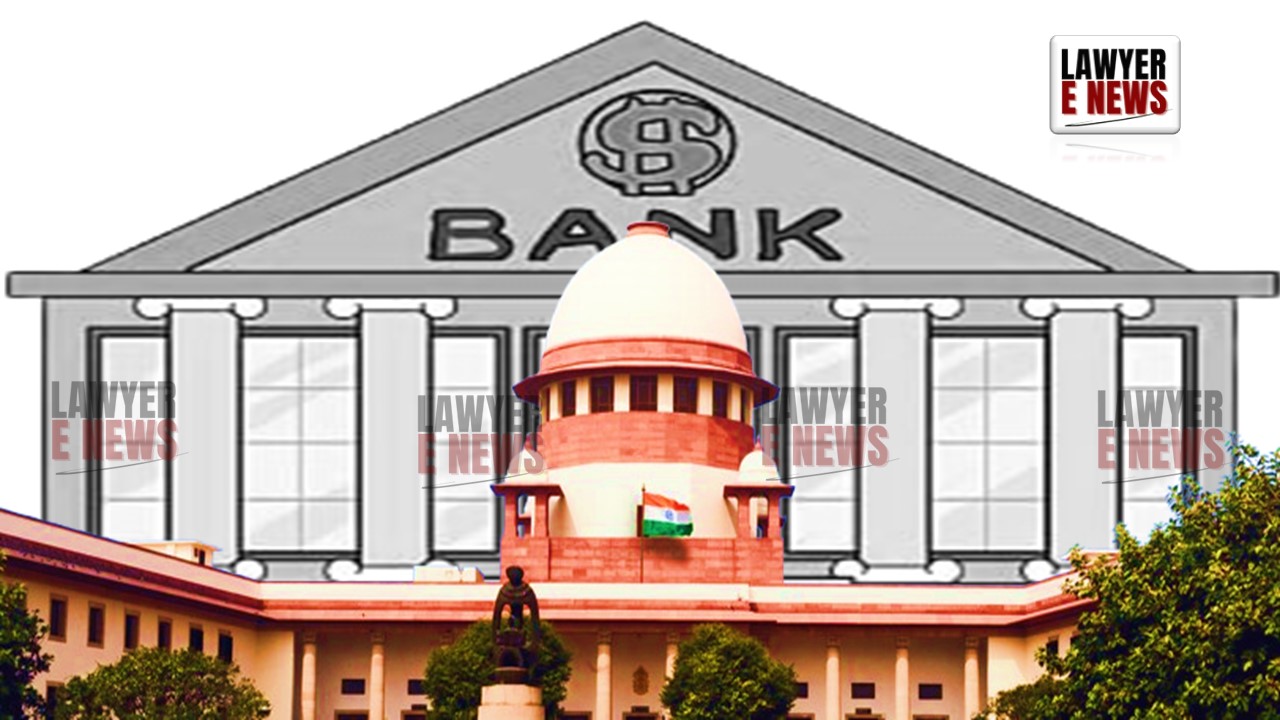-
by Admin
15 February 2026 5:35 AM



"The criminal cases having overwhelmingly and predominatingly civil flavour, particularly those arising out of commercial transactions, should be quashed when the parties have resolved their entire disputes." – Supreme Court of India
On October 3, 2024, the Supreme Court of India in K. Bharathi Devi and Anr. v. State of Telangana & Anr. quashed criminal proceedings initiated against the appellants in connection with a bank fraud case. The Court ruled that once a civil settlement had been reached between the borrower and the bank, continuing the criminal proceedings would be an abuse of legal process.
The case originated from a dispute between Indian Bank’s Osmanganj branch, Hyderabad, and M/s Sirish Traders, owned by Accused No. 1, K. Suresh Kumar. The bank had extended credit facilities, secured by collateral provided by the accused, including K. Bharathi Devi and her co-appellant, both wives of co-accused individuals. When the loan defaulted and the account was declared a Non-Performing Asset (NPA) on March 31, 2010, the bank discovered forged and fabricated title documents, leading to a criminal complaint by the bank and an investigation by the Central Bureau of Investigation (CBI).
In 2015, a One Time Settlement (OTS) was agreed upon between the accused and the bank, and the loan account was closed. Despite this, the High Court dismissed a petition seeking to quash the CBI’s charges, ruling that private settlement could not absolve criminal liability.
The key legal issue was whether the criminal proceedings, primarily based on accusations of fraud and forgery under the Indian Penal Code (IPC) and the Prevention of Corruption Act, could be quashed due to the civil settlement between the bank and the accused.
The Supreme Court, referencing previous cases (Duncans Agro Industries Ltd., Nikhil Merchant, and Gian Singh), emphasized the distinction between serious criminal offenses and disputes of a civil nature with criminal aspects. The Court reiterated that:
Predominantly civil disputes with criminal overtones, especially those involving commercial or financial transactions, can be resolved through compromise.
In such cases, continuing criminal proceedings would serve no purpose, especially where the possibility of conviction is remote due to the settlement.
Settlement of Bank Dues: The loan in question was settled under the OTS, and the bank issued a "No Dues Certificate." The Court recognized this as full satisfaction of the civil dispute.
Role of the Appellants: The appellants, as wives of the primary accused, were not found to have played an active role in the alleged fraud. The Court noted that continuing prosecution would be oppressive.
Public Interest: The Court balanced the need for public accountability in financial fraud cases against the fact that this was primarily a civil dispute, now settled, with no wider societal harm evident.
The Supreme Court allowed the appeal, quashed the proceedings before the trial court, and set aside the High Court’s judgment. This decision reinforces the legal principle that in disputes with a predominantly civil nature, once the parties reach a settlement, criminal proceedings may be quashed if their continuation would be futile.
Date of Decision: October 3, 2024
K. Bharathi Devi and Anr. v. State of Telangana and Anr.
